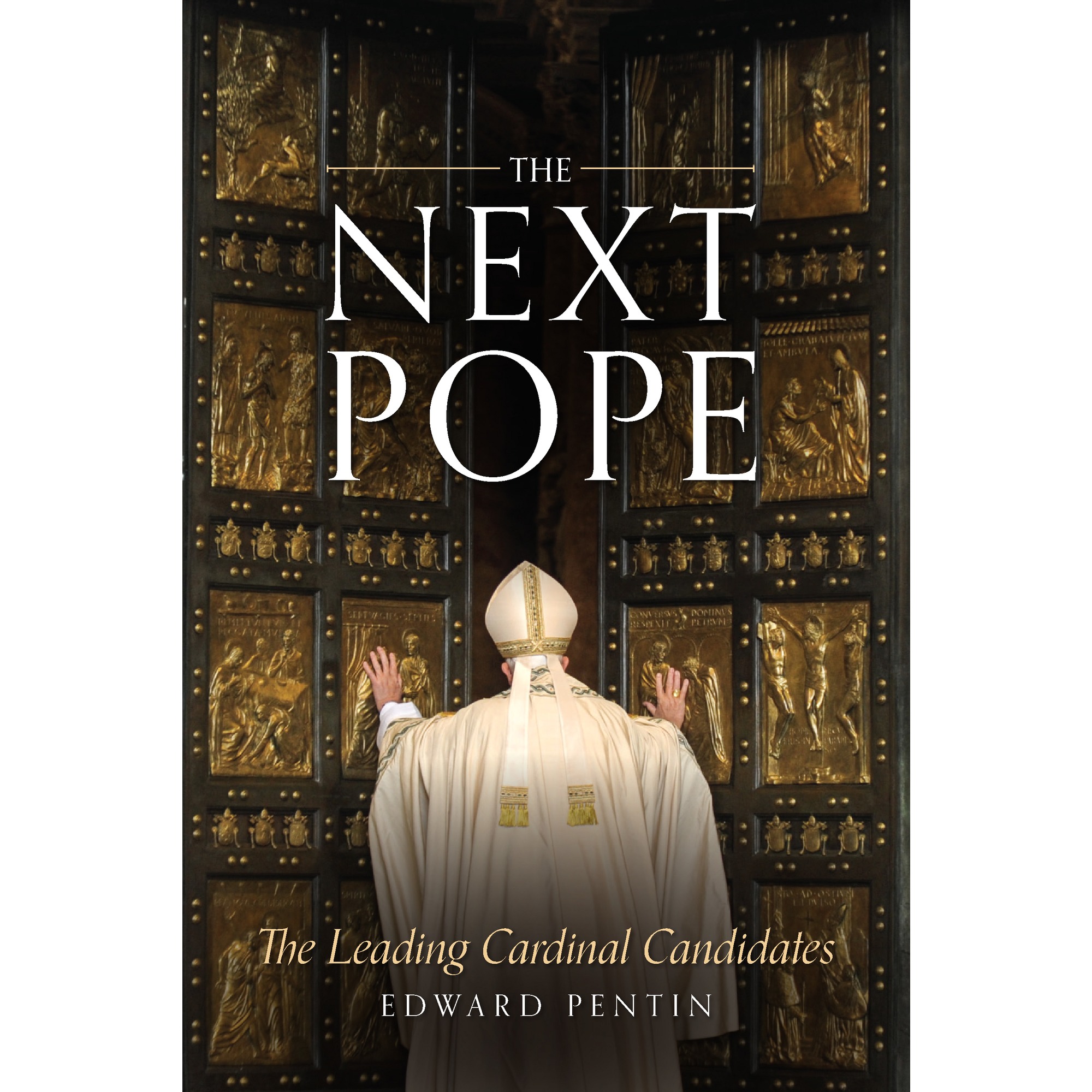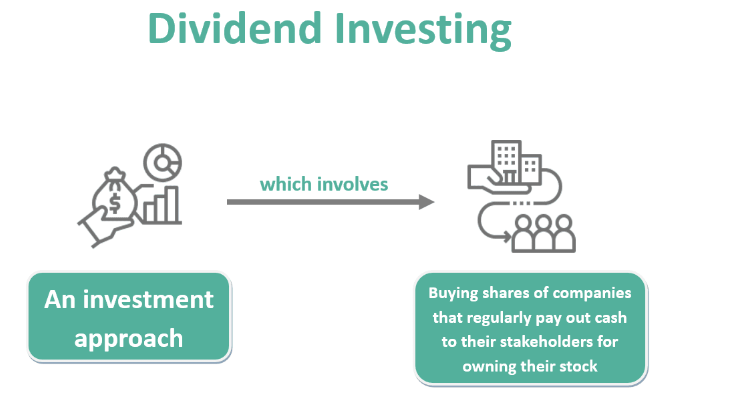Is Adam Sandler The Man To Heal America's Divides?

Table of Contents
Sandler's Appeal to a Broad Demographic
Adam Sandler's enduring popularity stems from his ability to connect with audiences across a wide spectrum of ages and backgrounds. His comedic style, a blend of slapstick, observational humor, and endearingly goofy characters, transcends typical demographic boundaries.
Cross-Generational Appeal
Sandler's films enjoy a remarkable cross-generational appeal. Movies like Happy Gilmore, with its outrageous golf antics, resonate with adults who remember its initial release, while younger audiences discover its charm through streaming. Meanwhile, Hotel Transylvania and its sequels have become family favorites, bridging generational gaps through shared viewing experiences. This broad appeal translates to a potential for uniting families and fostering intergenerational understanding, a crucial element in healing societal divisions.
- Happy Gilmore: Appeals to both nostalgic adults and younger audiences who appreciate its slapstick humor.
- Hotel Transylvania: A family-friendly franchise enjoyed by children and parents alike.
- The Wedding Singer: A romantic comedy with broad appeal across age groups.
This shared enjoyment of his films can create a sense of common ground, facilitating dialogue and understanding across generational divides.
Relatability and Simplicity
Sandler's characters are often relatable, flawed individuals navigating everyday life. Their struggles, whether facing workplace challenges, romantic entanglements, or family dramas, resonate with audiences regardless of their political beliefs. His humor avoids overt political commentary, focusing instead on simple, universal themes of friendship, love, and family. This relatable simplicity transcends political boundaries, creating a shared experience of laughter and understanding.
- Billy Madison: The struggles of an immature man trying to prove himself.
- Waterboy: The underdog story of a bullied individual finding success.
- Grown Ups: The complexities of adult friendships and family life.
This focus on relatable human experiences, stripped of overtly political messaging, creates an environment where people from diverse backgrounds can connect and find common ground through shared laughter.
The Role of Laughter in Social Cohesion
Laughter is not simply a form of entertainment; it's a powerful social tool with profound psychological benefits.
Laughter as a Unifying Force
Numerous studies highlight the positive impact of laughter on social bonding. Shared laughter releases endorphins, fostering feelings of connection and empathy. It reduces stress, promotes relaxation, and creates a sense of camaraderie. In the context of Sandler's films, shared laughter can act as a bridge, fostering positive emotions and reducing the anxieties and tensions that often accompany political division.
- Studies show laughter enhances cooperation and reduces prejudice.
- Shared laughter creates positive emotional connections between individuals.
- Laughter can lower stress hormones, promoting a more relaxed and receptive atmosphere for dialogue.
Escapism and Shared Experience
Sandler's brand of goofy, often absurd humor offers a powerful form of escapism. His films provide a temporary respite from the stresses and anxieties of daily life, including the often-divisive political climate. This shared experience of escapism can create a sense of collective identity, fostering a feeling of unity and shared humanity, transcending political differences.
- Films like Grown Ups and Pixels offer lighthearted escapism from real-world concerns.
- The absurdity of Sandler's humor allows audiences to disconnect from serious political issues temporarily.
- Shared escapism can create a sense of community and shared identity among viewers.
Limitations and Counterarguments
While Sandler's broad appeal and the unifying power of laughter suggest a potential positive influence, it's important to acknowledge limitations and counterarguments.
The Political Neutrality Argument
A key counterargument is that Sandler's work largely avoids explicit political themes. This deliberate apolitical stance, while ensuring broad appeal, might limit its impact on bridging deep political divides. His films don't directly address partisan issues, potentially leaving the most deeply entrenched political divides untouched.
- Most of Sandler's films focus on personal relationships and comedic situations rather than political issues.
- The lack of direct political engagement might limit the film's potential to inspire political dialogue or compromise.
- Apolitical comedy can still foster a sense of shared humanity, but its impact on deeply entrenched political divisions might be limited.
Criticisms of Sandler's Work
It's also crucial to address criticisms of Sandler's work. Some critics find his films repetitive, formulaic, or reliant on simplistic humor. These criticisms, while valid, could also affect his unifying potential. If a significant portion of the population finds his work unappealing or lowbrow, his films are less likely to bridge divides.
- Some critics point to a lack of originality and repetitive plot structures in some of Sandler's films.
- Others find his humor juvenile or lacking in depth.
- These criticisms could affect the unifying potential of his work, particularly among those who don't enjoy his style of comedy.
Conclusion: Can Adam Sandler Truly Heal America's Divides?
Adam Sandler's broad appeal, the unifying power of laughter, and the potential for shared escapism through his films all suggest a positive, albeit limited, contribution to fostering social cohesion. However, his largely apolitical stance and criticisms leveled against his work suggest that he's unlikely to be a primary force in healing deeply entrenched political divisions. The problem of political polarization is far too complex to be solved by a single comedian, no matter how popular.
While Sandler's influence may not be a panacea, it highlights the potential role of entertainment in fostering common ground. Can comedy, like Adam Sandler's, contribute to bridging the divides in America? The question remains open, prompting further discussion on the role of entertainment in social cohesion and whether other entertainers might have a similar – or even greater – impact in fostering unity and understanding.

Featured Posts
-
 Celtics Blowout Victory Seals Division Championship
May 11, 2025
Celtics Blowout Victory Seals Division Championship
May 11, 2025 -
 Dityachi Foto Printsa Endryu Z Nagodi Yogo 65 Richchya
May 11, 2025
Dityachi Foto Printsa Endryu Z Nagodi Yogo 65 Richchya
May 11, 2025 -
 Who Could Be The Next Pope A Look At Potential Candidates
May 11, 2025
Who Could Be The Next Pope A Look At Potential Candidates
May 11, 2025 -
 Fabers About Face Royal Distinctions For Asylum Volunteers Endorsed
May 11, 2025
Fabers About Face Royal Distinctions For Asylum Volunteers Endorsed
May 11, 2025 -
 Bayern Munich Secure Bundesliga Marking Muellers Last Home Game
May 11, 2025
Bayern Munich Secure Bundesliga Marking Muellers Last Home Game
May 11, 2025
Latest Posts
-
 A Simple Path To Profitable Dividend Investing
May 12, 2025
A Simple Path To Profitable Dividend Investing
May 12, 2025 -
 High Yield Dividend Investing A Simple Profitable Strategy
May 12, 2025
High Yield Dividend Investing A Simple Profitable Strategy
May 12, 2025 -
 Unlocking Maximum Profits With A Simple Dividend Strategy
May 12, 2025
Unlocking Maximum Profits With A Simple Dividend Strategy
May 12, 2025 -
 Moscows Red Square Putins Display Of Power At Victory Day Parade
May 12, 2025
Moscows Red Square Putins Display Of Power At Victory Day Parade
May 12, 2025 -
 The Simplest Dividend Strategy The Most Profitable Approach
May 12, 2025
The Simplest Dividend Strategy The Most Profitable Approach
May 12, 2025
